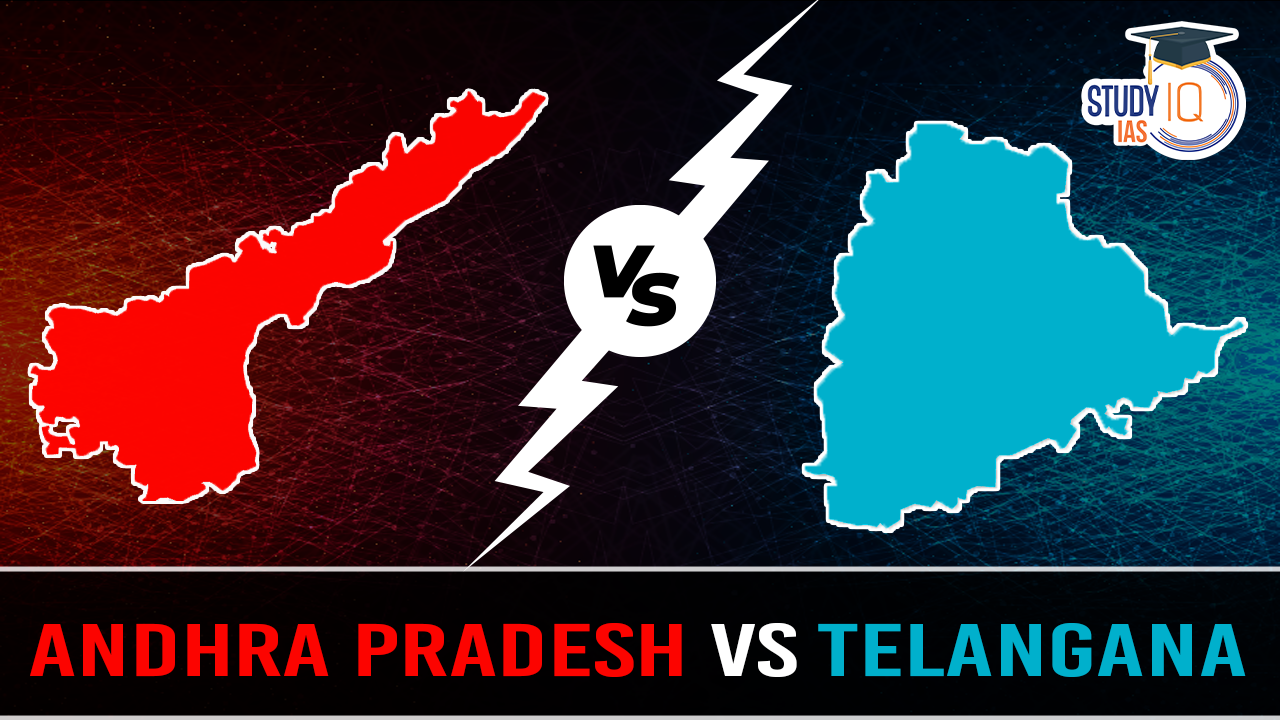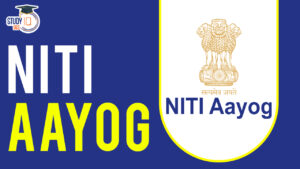Table of Contents
Context
- The Andhra Pradesh Reorganisation Act, 2014 (APRA), led to the creation of Telangana from the erstwhile state of Andhra Pradesh, necessitating the division and apportionment of assets.
- Hyderabad, previously the shared capital, became the exclusive capital of Telangana which placed Andhra Pradesh in a position to rebuild its administrative and infrastructure base from scratch.
Major Legal Disputes Post-Reorganization
- Division of Assets Under APRA: Andhra Pradesh approached the Supreme Court in December 2022, arguing that the division of assets, as mandated in the Ninth and Tenth Schedules of the APRA, had not commenced.
- The state petitioned for Telangana to begin transferring these assets, which include significant agricultural, educational, and medical institutions, under a neutral arbitrator’s supervision.
- The Supreme Court was scheduled for a final hearing in March 2024, but the case remains pending.
- Andhra Pradesh State Council of Higher Education (APSCHE): In 2016, the Supreme Court ruled that assets of APSCHE should be divided between Andhra Pradesh and Telangana based on the population ratio.
- Telangana’s claim that all assets should belong to it because they were located in Hyderabad was rejected.
- Andhra Pradesh Dairy Development Cooperative Federation Limited (APDDCF): The Telangana High Court in 2021 decided that the assets should be split between APDDCF and the Telangana State Dairy Development Cooperative Federation (TSDDCF) following a valuation by the CAG.
- The division ratio determined was 58.31 (AP) to 41.68 (Telangana).
- Both states have appealed this decision at the Supreme Court, with the last hearing occurring in October 2023.
- Andhra Pradesh Mineral Development Corporation (APMDC): In 2018, an agreement was reached to divide the assets of APMDC based on the population ratio.
- Although the Andhra Pradesh government approved this plan in 2019, the Telangana government did not act on it.
- The Telangana High Court in 2020 criticised Telangana’s inaction and ordered the division of assets. This decision was appealed to the Supreme Court, which last reviewed the case in February 2024.
Current and Ongoing Issues
- Despite the legal framework provided by the APRA for a smooth transition, numerous disputes over asset division have led to prolonged legal battles.
- Political figures have been actively seeking resolutions to these issues, notably aiming for Special Category Status for Andhra Pradesh to offset revenue losses post-bifurcation.
Implications
- The ongoing legal and political strife underscores the complexities involved in state bifurcation, especially when it comes to asset distribution and addressing the socio economic fallout in successor states.
- The resolution of these disputes is crucial for the economic and administrative stability of both Andhra Pradesh and Telangana.


 New Phase of Operation Chakra to Combat ...
New Phase of Operation Chakra to Combat ...
 NITI Aayog Report on India’s Hand and ...
NITI Aayog Report on India’s Hand and ...
 Soyuz Aircraft: History, Design and Sign...
Soyuz Aircraft: History, Design and Sign...





















